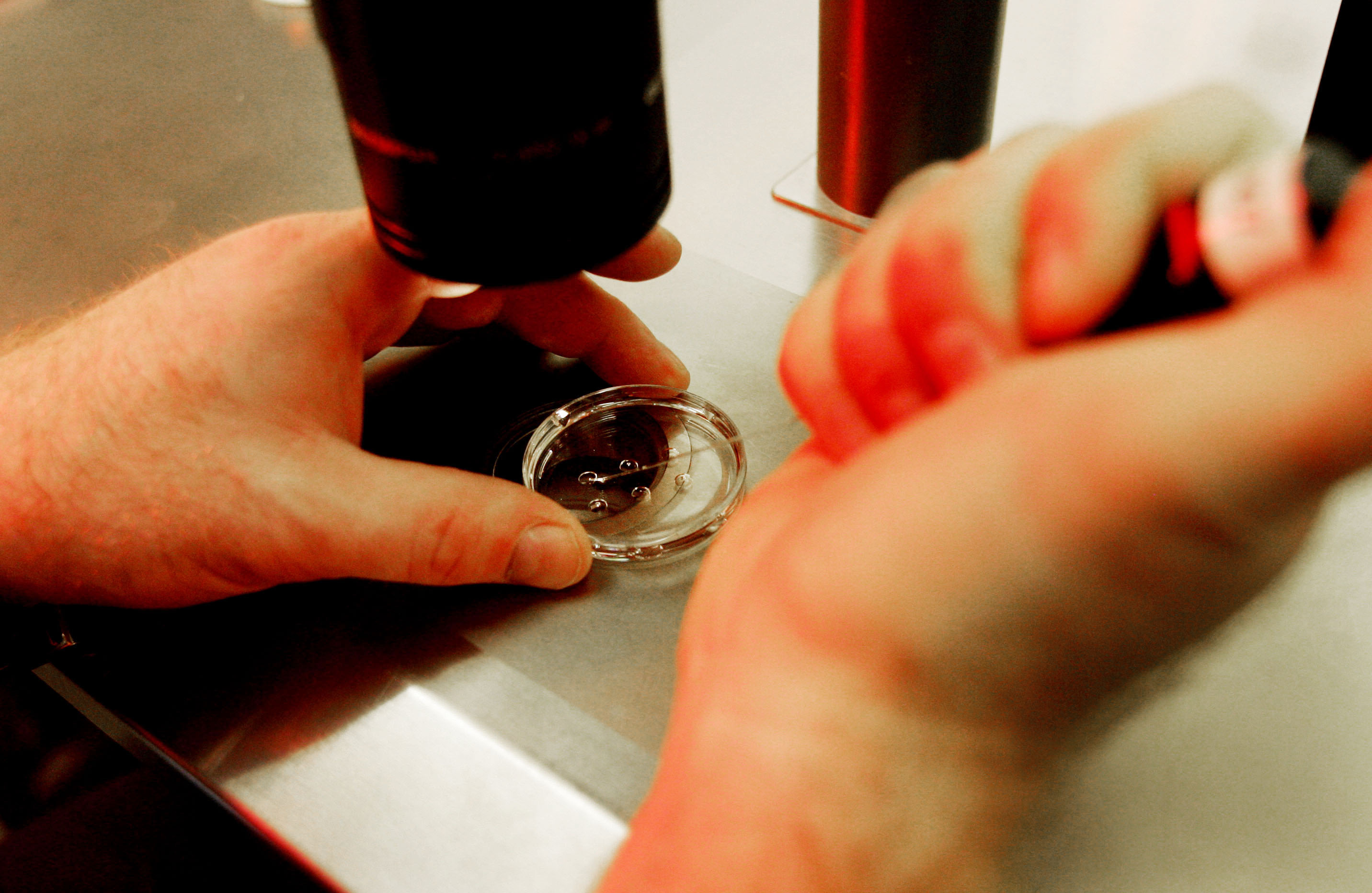10 things you should probably know about surrogacy

If you’re thinking about having children using a surrogate in the future – there are lots of things you should probably know.
Surrogacy has become one of the most popular choices for same-sex couples looking to start a family.
However the information available can be a minefield, and the legalities of surrogacy differ across jurisdictions.

All of this is important, particularly because having a child using a surrogate can potentially one of the most emotionally fraught times of your life.
Here are 10 things for potential parents to think about before and during the surrogacy journey.
- It is an emotionally charged time so be very careful to make decisions with your head and not your heart. Surrogacy is expensive and this could be the difference between spending a lot of money or a vast amount of money.
- Choose your IVF clinic first; they see all parts of the puzzle, the surrogate, the surrogacy agency, the egg donor and the intended parents. Therefore there are multiple opportunities for red flags to be raised about any component part which can be addressed immediately.
- Compare IVF success rates with like-by-like data. You have to understand the probability of successful birth from fresh transfer, frozen transfer as well as all of the costs. This is when you should talk about genetic screening of the embryo as well – is it 100% necessary, not really, it depends on the age of your donor. www.sart.org is a good place to verify information on the clinics.
- Choose your Surrogacy agency. It’s not imperative to use an agency but it will help make the process less stressful. Particularly with the legal and psychological side of things as well as if mediation is required between surrogate and intended parent.
- When you’re shown a potential Surrogate candidate go onto www.surrogacymap.com which goes through all of the legal aspects in the US state-by-state. In the US, California is the oldest surrogacy-friendly state but also the most expensive.
- Choose your egg donor. This can be via your IVF clinic (where they have already typically been medically screened), via a concierge service or via your surrogacy agency. This can be one of the most difficult things to get your head around, and is a decision you shouldn’t be taken lightly.

- Understand the insurance part of the puzzle – does your surrogate have her own insurance (specifically including insurance coverage) or do you need to find her coverage? Can you child be covered by your insurance or do you need to buy new-born coverage?
- When you go through step 5 you will know if you can do a pre-birth order to recognise you as the legal parent of your child from birth or if you have to go through a post-birth order which can take a couple of weeks post birth. This will also then allow your birth certificates to be issued with your names on them.
- During the whole journey, communicate with your surrogate as much as you can and as much as she allows. If she is an experienced surrogate, ask her what she liked from the previous journey and do that also ask her what she didn’t like and don’t do that!
- Go to as many hospital appointments as you can, it’s an amazing and unforgettable experience. Don’t forget to take something to record these appointments; you can ask for the ultrasound pictures and heartbeats to be saved!


Richard Westoby wrote a book in 2013 called “Our Journey – One Couple’s Guide to US Surrogacy” and has become an advocate for all intended parents looking at surrogacy. He has appeared on TV, radio, in magazines and across the world as well as hosting regular seminars and in the process has helped over 100 sets of intended parents in their family building journey.

